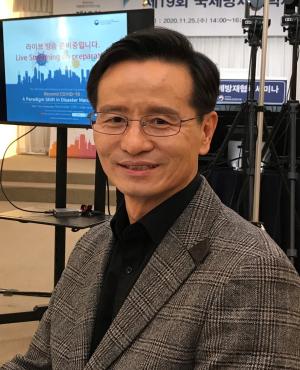Team Leaders

- Kwangseog Ahn
- Viral Immunology
- ksahn@snu.ac.kr
- http://biosci.snu.ac.kr/ksahn
- Information
Host-virus interactions are complex processes that span binding to cells, entry, dissemination, and finally lytic or latent infection. During infection, host innate immune system restricts viral replication. However, mechanisms underlying viral propagation out of the host surveillance remain unclear.
Our research goal is to understand the molecular basis of virus latency establishment and how it plays a critical role in cellular immune evasion and/or viral reactivation. In addition, we are interested in understanding the role of “the endogenous parasites”, retroelements, in host-virus interaction and innate immunity.

- Jong-Seo Kim
- Proteomics
- jongseokim@snu.ac.kr
- http://biosci.snu.ac.kr/proteomics
- Information
High-resolution mapping of RNA-protein interactions & ultrasensitive and super-resolution proximity labeling proteomics

- Jin-Hong Kim
- RNA Therapeutics
- jinhkim@snu.ac.kr
- http://www.mrmlab.org
- Information
Our laboratory is working on innovative solutions to combat the degenerative diseases of the musculoskeletal system that inevitably come with aging.

- Hyeshik Chang
- Transcriptomics
- hyeshik@snu.ac.kr
- http://qbio.io
- Information
Hyeshik Chang develops and applies transcriptome profiling technologies to explore new RNA regulation mechanisms. His team has specialty in modifying high-throughput sequencing techniques and employing machine learning to identify patterns within large data sets.
- 1
 Center for RNA Research
Center for RNA Research